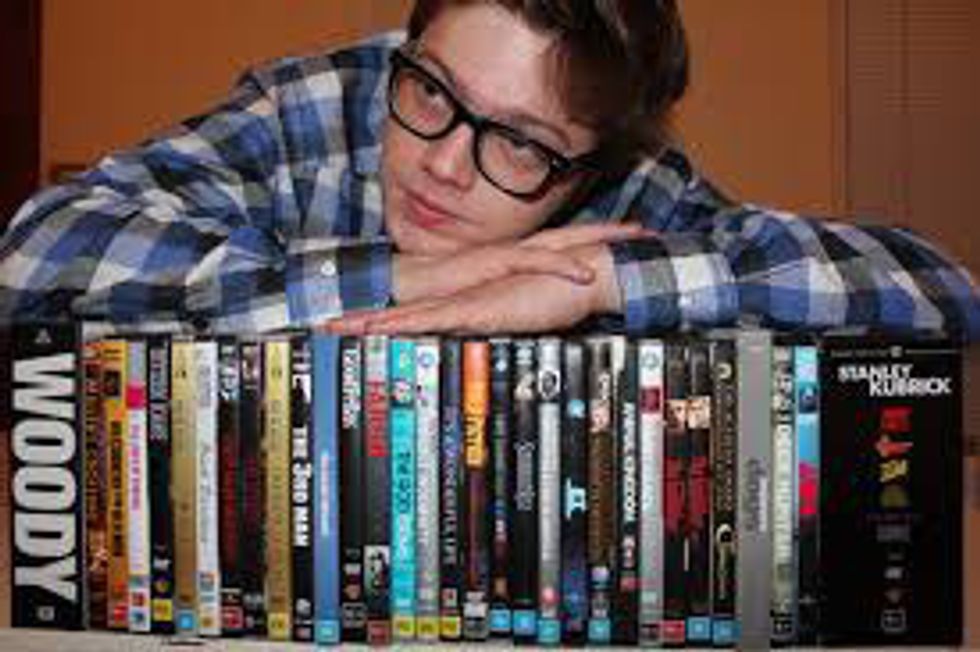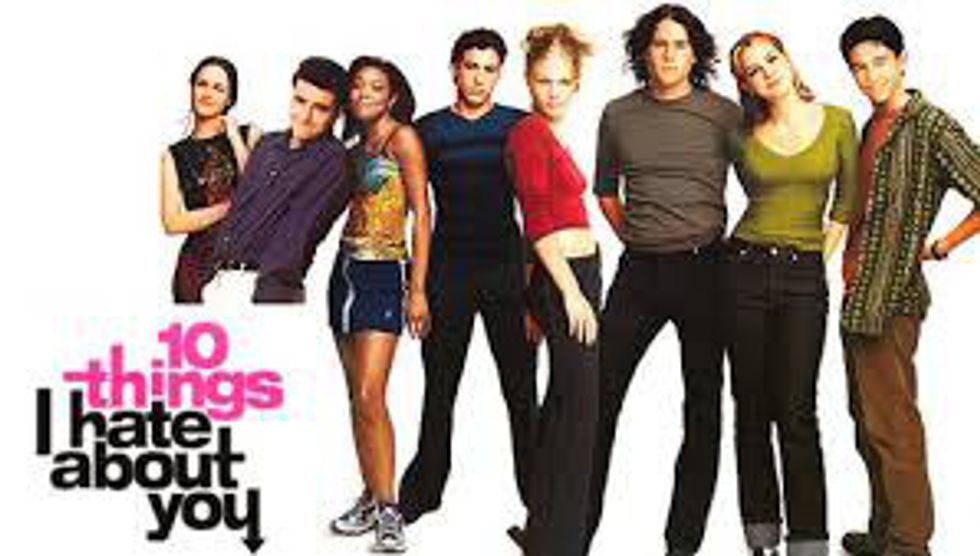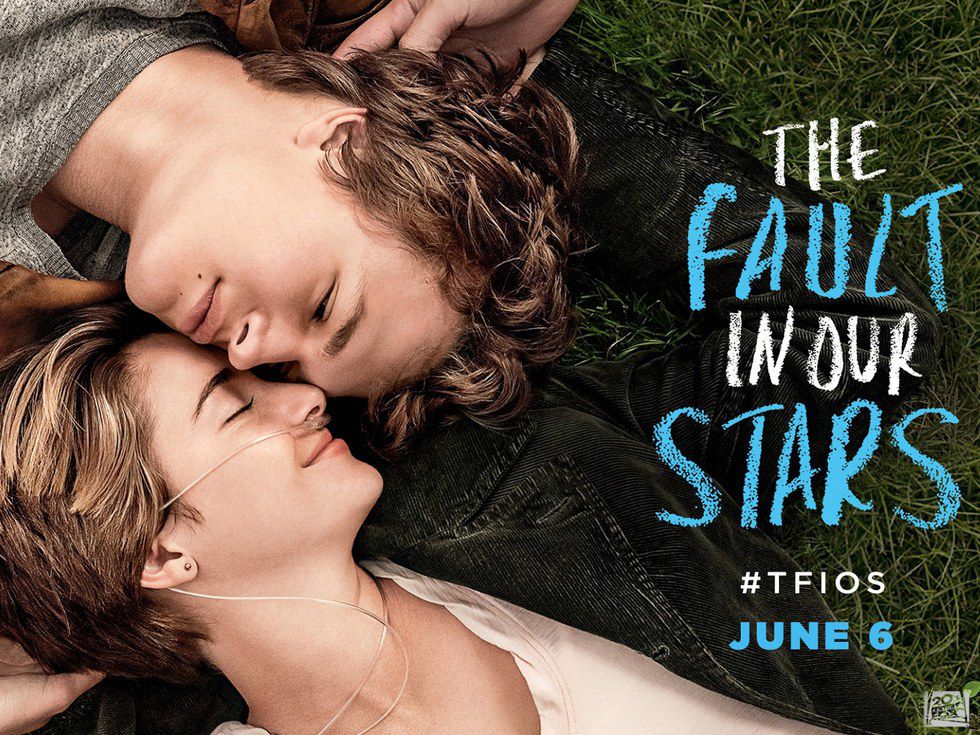Movies are a large part of society in popular culture. However, there are certain people who don't necessarily spend a significant amount of time watching movies. That person is not me. Everyone around me knows how much I love movies. I watch them consistently, even when I have too much to do. There are certain movies I can quote word for word, which is probably not something I should be proud of. Still, this has become one of my most evident characteristics, one that most people come to learn about me within knowing me for 5 minutes. There are a lot of things I wish people understood about my enthusiasm.
First of all, I do have a life. Just because I spend so much time watching movies doesn't mean I'm lost for something to do. In fact, most of the time, I probably shouldn't be wasting time on a movie I've watched multiple times. In all honesty, though, movies help me focus.
This idea brings me to my next point. Movie enthusiasts find lessons more easily retained if we can relate it to something we've watched. In my case, if something reminds me of a movie I've watched, I will focus more because it peaks my interests. For example, recently in my class on Shakespeare Literature, we read "The Taming of the Shrew." Upon reading the opening scenes, I discovered that the unfolding plot looked familiar. Suddenly, it hit me. It was familiar because it was the same basic plot line of one of my favorite movies "10 Things I Hate About You." With this knowledge, my interest in the subject grew substantially and I was able to read the entire play much faster than any of the others we've read. So, much to people's dismay, watching my inventory of movies over and over again proved to help me in my studies rather than hinder me, which is something I wish others would understand.
Lastly, movie enthusiasts do not watch movies because they choose to live outside of reality. It is common thing to believe that those who constantly read, watch television, listen to music, or view movies do so because it provides them escape from a hardship that they are experiencing in life, but I find this untrue, at least in my own case. I have found that watching movies is less about escaping my problems and more about finding peace with my problems.
Though I am not a fan of John Green, I do own the movie "The Fault in our Stars." When thinking in the context of this type of movie, how would it give anybody an escape from hardship? If anything, it would just make these problems surface all the unwanted emotions. When watching this move, I found that I could relate the plot to some of the issues going on in my life. Now, I'm not dying of cancer, but I'm sure that someone who is would not find escape in this movie. Yet, they could find comfort in seeing that these problems and this pain does not go unnoticed by the general public. However, for me, it made me realize that my feeling about the fleetingness of life and how meaningless it can seem is not a struggle known only to me.
Having said this, I know there is the argument that claims these characters are fictional and should not decide your views or emotions in real world situations. This is also false. Someone in the world wrote these characters. One way or another, these characters exist, whether it be in the minds of the creators or in the hearts of the audience. Aspects of these characters truly exist, otherwise, how could they have been created in the first place?
So, even though many people believe that movie enthusiasts are just victims to a hobby that is taken too seriously, it is actually our way of learning about the environments that we are not exposed to and finding a way to feel relatable. This is important in a world where one's problems can go so easily unnoticed. Therefore, if you know a movie enthusiast that gets overly excited at the mention of a good movie, bear with them. It's part of our brain pattern and it's what keeps us going through the tough times.























